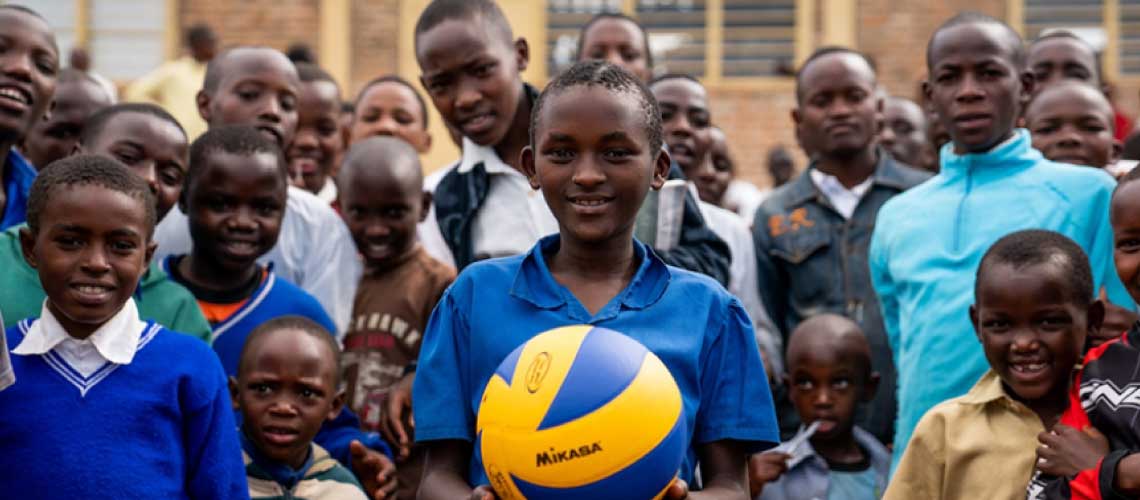

Greek philosopher Aristotle once said that “the essence of life is to serve others and do good.” His sentiments suggest that voluntary work comes with many benefits. These benefits can last a lifetime—and not only for those who you are helping, but for you as well.
What is volunteer work?
Volunteering is defined as giving your time and abilities to aid others (usually a non-profit organisation) without the want of financial compensation. Put simply, volunteering is a service to your community. While you won’t get paid for your community service, volunteering comes with a lot of other benefits to boot. Donating your time, energy, and possibly resources can be just as rewarding for you as for those you are helping.
Prince Aime Murara, the deputy secretary-general, Education for Nations and Humanitarian Africa (ENHA)-Girubuntu, believes that volunteering gives one the opportunity to exercise common skills needed for the workplace.
These, he says, include communication, teamwork, problem-solving, planning, and organisation skills.
He says if one doesn’t have a job, volunteering is a good option as it’s a noble way to acquire skills for when one goes into employment.
Murara says, “Volunteering helps when it comes to networking, and a good way to meet new people. In fact, one of the best ways to make new friends and strengthen existing relationships is to commit to a shared activity together, and volunteer work in this case is the way to go.”
Furthermore, he says, volunteering connects people with common interests and passions, which could lead to great alliances.
Emmanuela Mahoro, a Kigali-based psychologist, says apart from lifelong benefits, volunteering has benefits for personal well-being.
For instance, she says, volunteering helps control stress, anger, and anxiety. Adding that the aspect of helping and working with others can have a profound effect on one’s psychological well-being.
“With the sedentary lives we are exposed to, volunteering can give one time and energy to a cause without financial reward,” she says.
The good thing about volunteering, she says, is that it doesn’t have to take up too much time. In fact, the benefits of volunteering are vast for the volunteer – not just the community, individual, or organisation receiving assistance.
Faustin Mutabazi, the chief executive officer at Educational Consultancy Bureau-Kigali, says volunteering is important as it offers essential help to worthwhile causes, people in need, and the wider community.
He notes that many companies depend almost solely on teams of volunteers to help them thrive and do their work.
He adds that studies show that volunteering helps one gain experience as well.
“Giving in simple ways can help those in need and improve experience. And because volunteering is open to everyone, you meet people from all over the world,” Mutabazi says.
Mutabazi says doing good for others and the community helps to create a natural sense of accomplishment. And working as a volunteer can also give one a sense of pride and identity. This, he says, keeps one in touch with the real world.
Apart from this, growing evidence suggests that volunteering combats depression, makes you happy and provides a sense of purpose.
Because volunteering means choosing to work without receiving monetary compensation, Murara says people often choose to give their time to issues or organisations they feel are important, or have a special connection to.
“When you volunteer to do what you are passionate about, it helps address a social problem that is meaningful to you, and in turn, helps to build a sense of purpose, which furthermore boosts your own happiness,” Murara says.
In the increasingly competitive job market, Murara says volunteering experience can be incredibly useful. It shows potential employers that one can take initiative and that they are willing to give their own time to improve the world for other people.